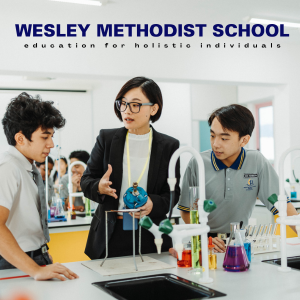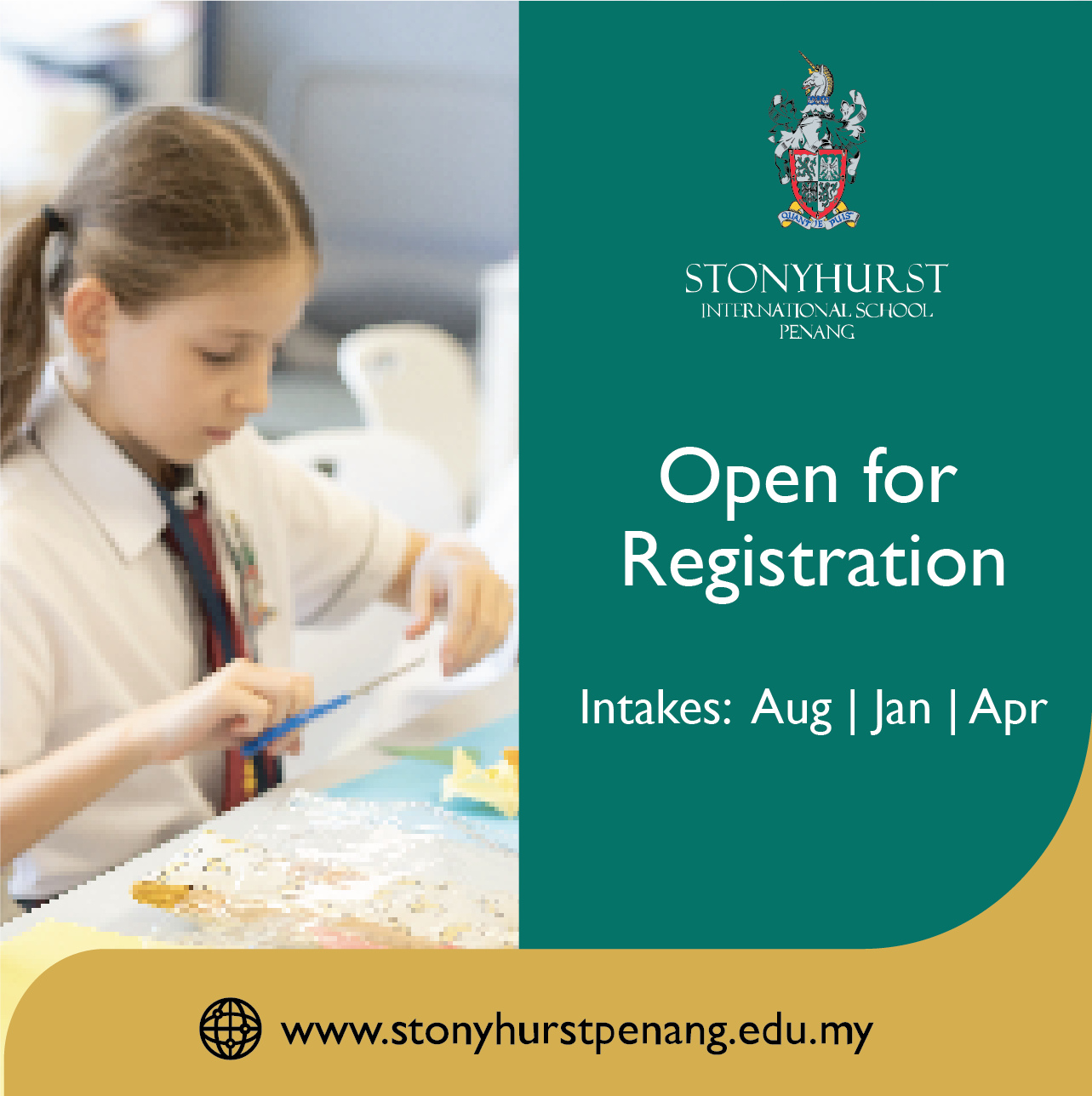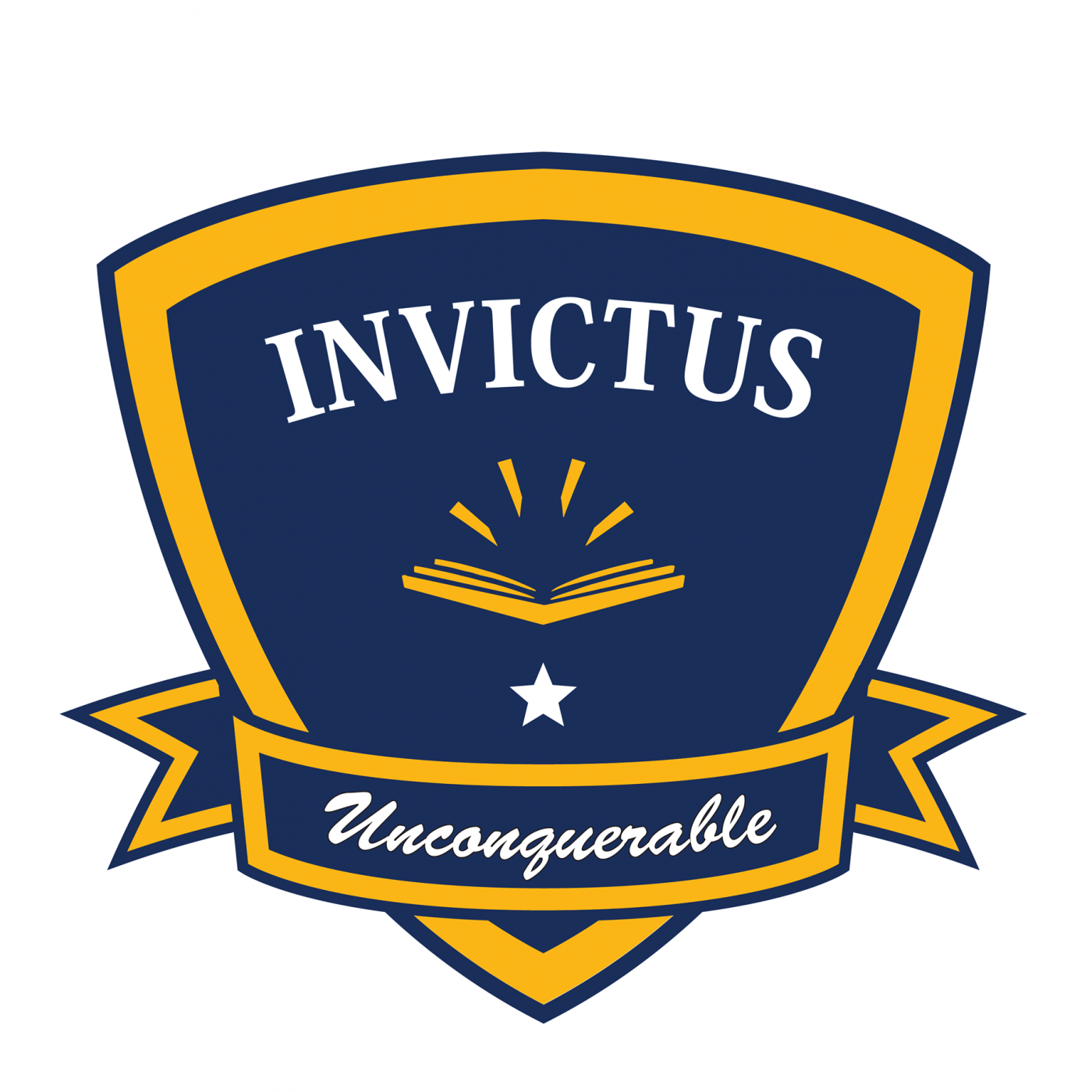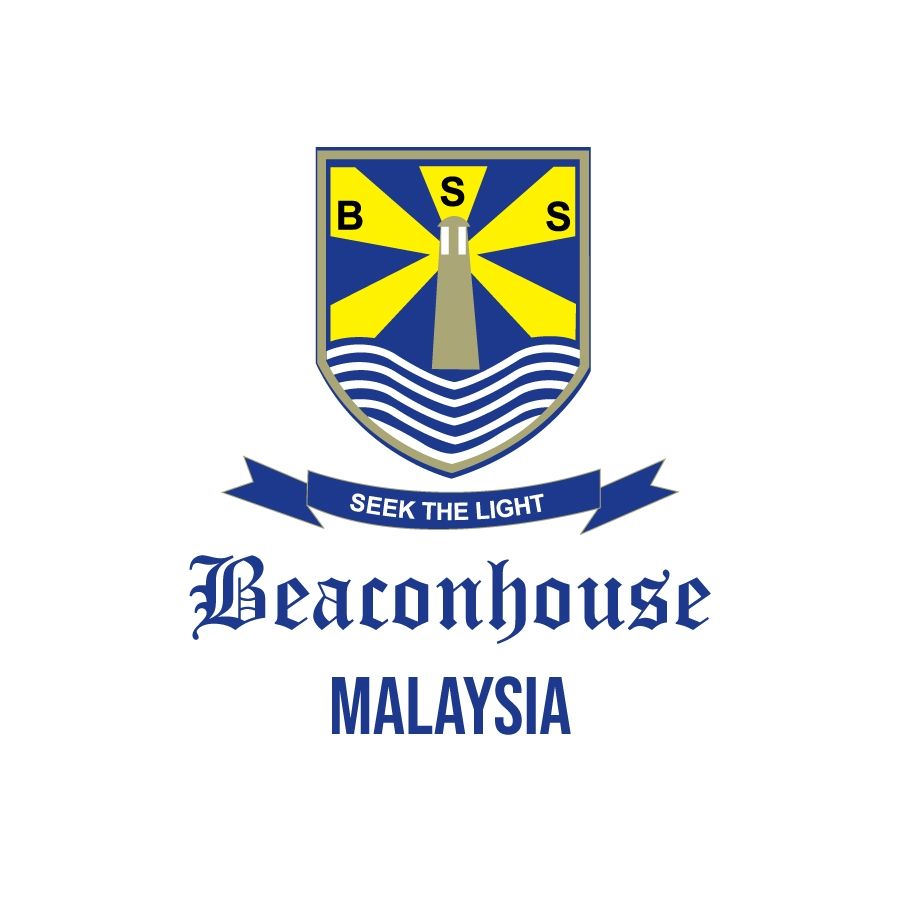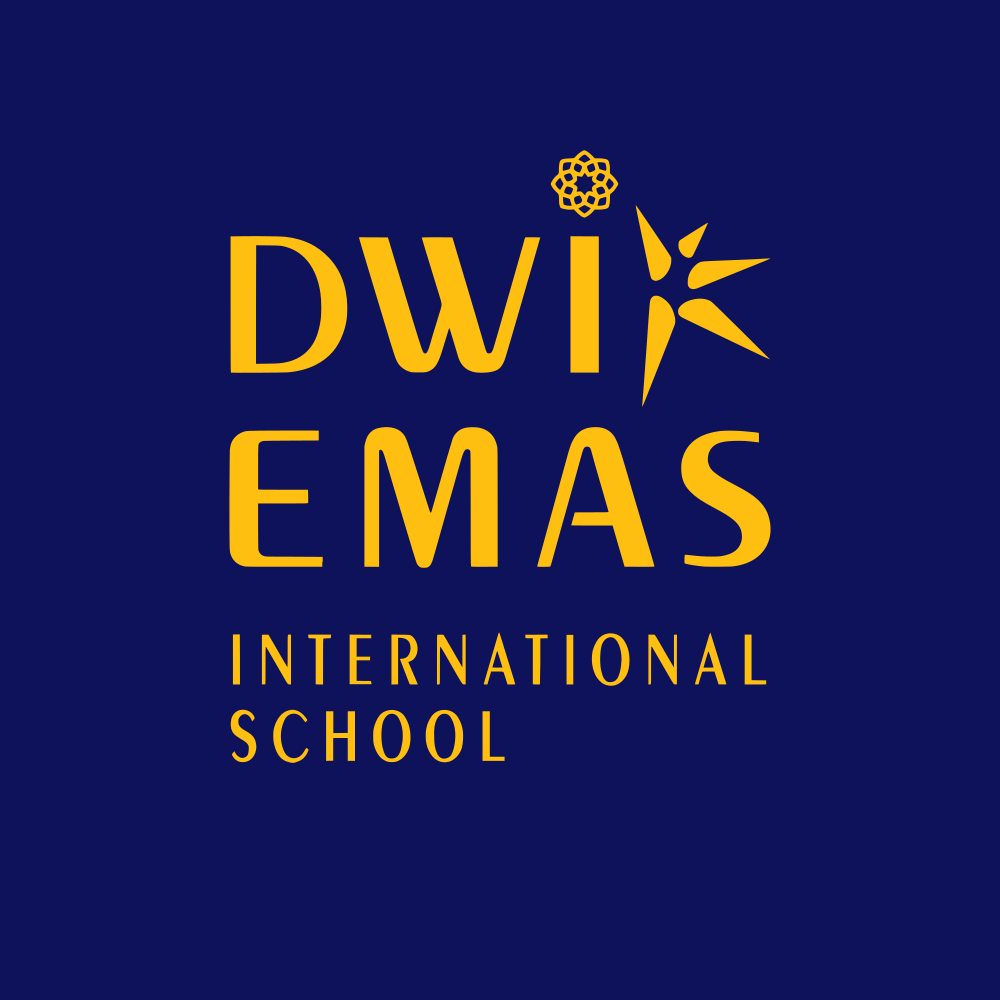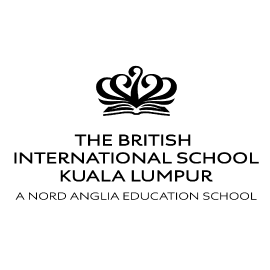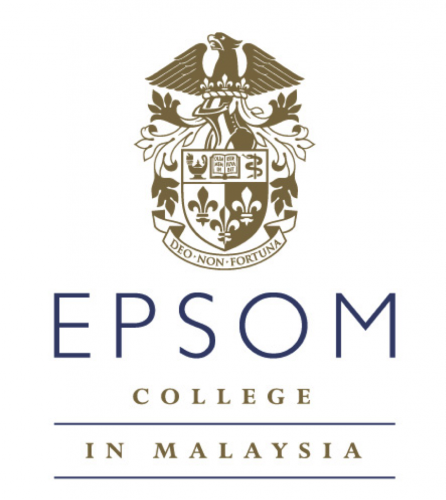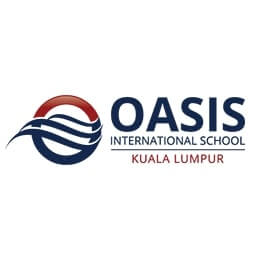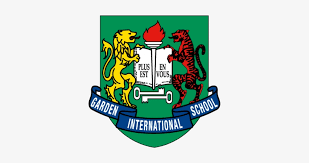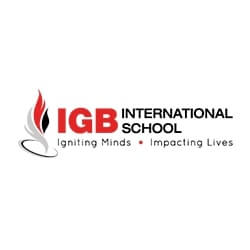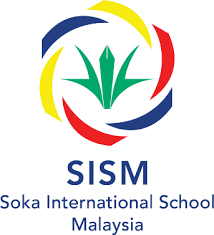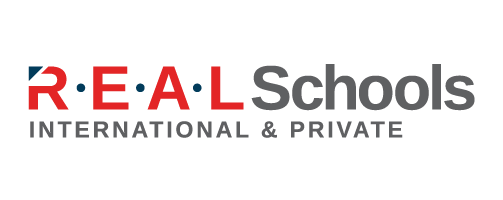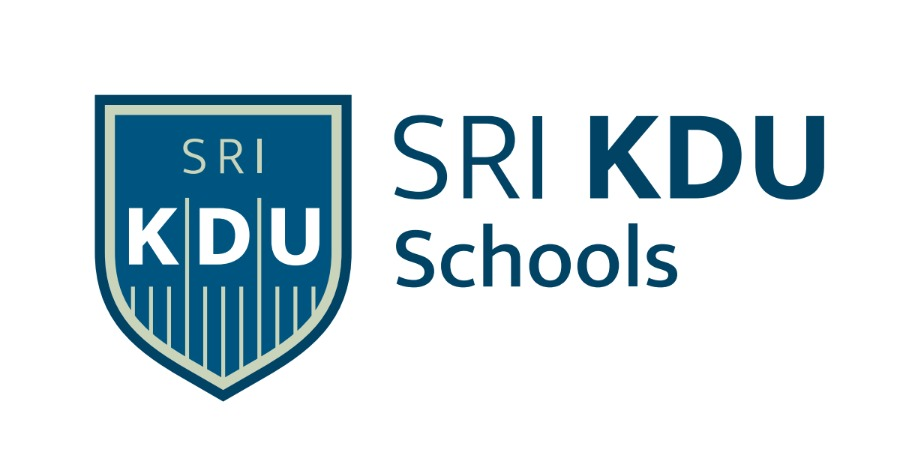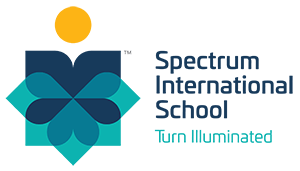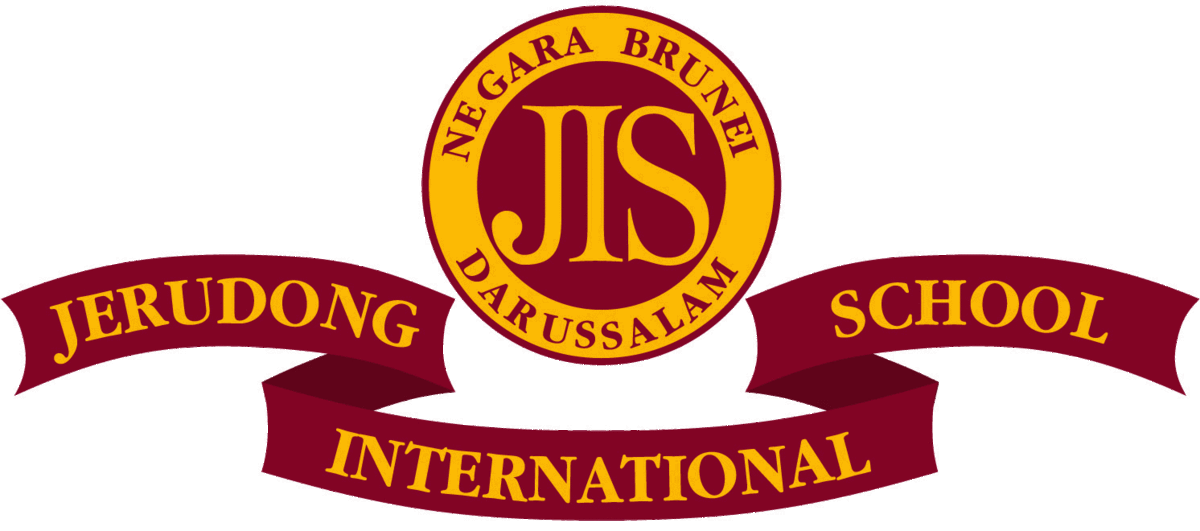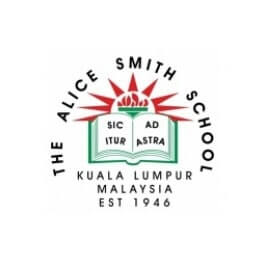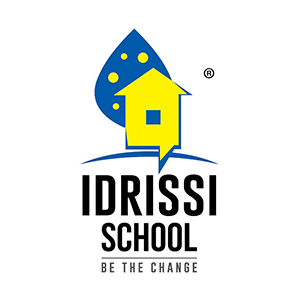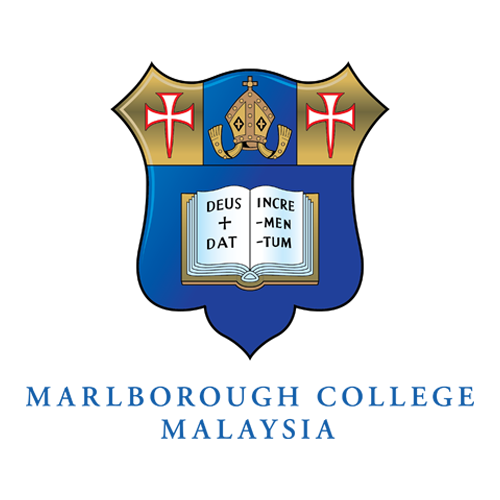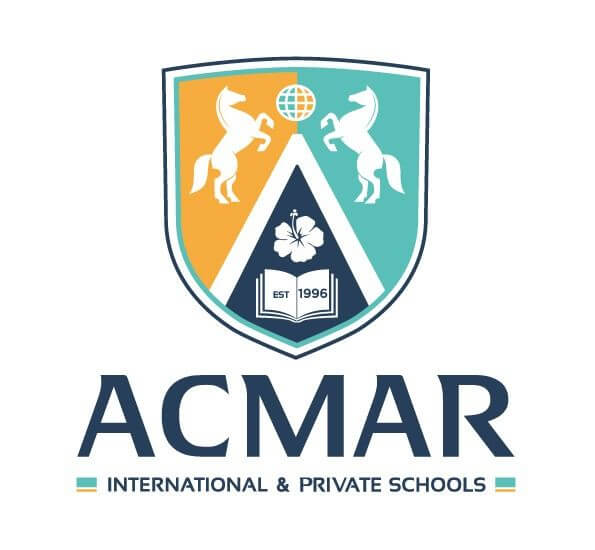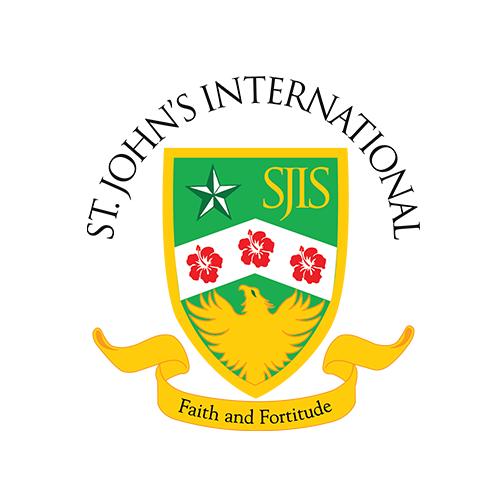The International Primary Curriculum (IPC) is used extensively at the primary level in international and national schools in 85 countries in the world. Many expatriate and local children in international schools in Southeast Asia will have experienced learning with the IPC where it is a popular choice because of its internationally minded, creative and rigorous approach to learning.
The IPC is the fastest growing curriculum in international schools in South East Asia today. It is currently used in over 79 schools in the region including those in Brunei, Cambodia, Indonesia, Malaysia, Philippines, Singapore, Thailand and Vietnam. For many schools, it is a curriculum choice that they have found continually successful and so have remained committed to for several years. For example, Kidurong International School in Sarawak and Tenby International School in Piasau have been learning continuously with the IPC for 12 years, Panaga School in Brunei for 11 years and The British International School Vietnam, St Christopher’s International School in Malaysia, Tenby International School in Shah Alam, Renaissance International School in Vietnam, Tunku Putra International School in Malaysia, and Garden International School in Kuala Lumpur for 7 years. This reflects huge confidence in the curriculum by the schools. There are several reasons why.
LEARNING WITH THE IPC
British International School Jakarta, Indonesia
The IPC is designed to engage and inspire children, helping them to develop knowledge, skills and understanding in all subjects as well as to learn international mindedness and develop a range of personal qualities and dispositions too.
The IPC has over 80 different thematic units of learning; all child-friendly, modern-day topics (such as “Time Detectives”, “Global Swapshop” and “Airports”) appealing to all ages of primary children to excite and engage them in their learning. The theme enables young children to find relevance and remain motivated through their learning of science, geography, history, art, music and so on. It also provides the opportunity for children to make links and see connections between their subject learning. For example, in the IPC “Chocolate” unit, in history, children explore the discovery of chocolate, the period it was discovered, the motivation for discovery and the changing attitude to chocolate through the ages. In geography, they look at the countries that grow cacao and how particular locations have been affected by its production. They look at the links between countries that grow cacao and countries that produce chocolate. In art, children look at how chocolate is sold and how packaging is designed. In science, children use the “Chocolate” unit to look at the energy values in foodstuffs and to explore the effects of heating and cooling.
Within each theme, the IPC suggests many ideas for collaborative learning, for active learning, for role play, for learning outside the classroom and for children learning from each other. For example, within the IPC “Saving the World” unit, children use role play to debate the impact of slash and burn from all perspectives – from those of the indigenous forest dwellers to the prospectors.
The IPC’s engaging approach also encourages parental involvement as children, inspired by their learning, talk freely to parents and family members about what they’ve done at school, and children often choose to continue their learning at home. Parental involvement is also promoted through learning-focused letters and participation in end of unit “exit point” events.
RIGOROUS LEARNING
Students at Panaga school in Brunei learning about wind direction as part of the IPC Weather and Climate unit
Each IPC unit incorporates most of the core primary foundation subjects including science, history, geography, ICT, art, music and PE, as well as providing many opportunities to incorporate literacy and numeracy. Each subject has a number of learning tasks that enable teachers to help their children meet a range of learning goals set out in the curriculum. These IPC learning goals are deliberately explicit; designed to make sure that teachers distinguish clearly between children’s learning of knowledge, skills and understanding.
As well as subject learning, all IPC units include personal and international learning too. This means that children will also learn about aspects of the theme from the perspective of their own local community, from the country the school is located in, and other countries too – helping children to find the similarities as well as the differences they have with children in other parts of the world. The IPC believes children best learn international mindedness by developing an increasing awareness of others.
During every IPC thematic unit, children learn in a way that helps them to develop a range of essential personal dispositions such as communication, cooperation and resilience, preparing them for the world that they will be living and working in. The opportunity to develop personal dispositions is vital as these are established over time with constant use.
Many of the learning tasks within the IPC units are group activities. These provide an opportunity for children to consider each other’s ideas and opinions, share responsibilities, respect other people’s views and communicate effectively. For example, in the IPC “On Tap” unit which focuses on the theme of water, children are tasked in groups to make a water turbine. They start by creating it from cardboard and, through their own research and development – along with gentle guidance from the teacher – they work out how to improve their design. Not only are these children learning about the power of water during this task, but at the same time they are developing the dispositions of cooperation, enquiry, communication and adaptability.
At Nexus International School in Putrajaya, Malaysia, which has been learning with the IPC since the school opened six years ago, Head of Primary David Griffiths says: “When the school was started, we looked at several different curricula. We wanted something that allowed for enquiry-based, experiential learning but that also enabled us to draw on great ideas and resources. The IPC fits this criteria brilliantly.” And at the Tenby Schools Group in Malaysia, Denise Sinclair, School Development and Improvement Manager, adds: “Would I recommend the International Primary Curriculum to other schools? The answer is a resounding yes! If you are a school who puts children’s learning first then you cannot fail to be excited by what an effective IPC program can do for your children.”
A GLOBAL LEARNING COMMUNITY
Children at Tunku Putra School in Kuching Malaysia test the strenght of their bridge designs during the IPC Investigating Rivers unit
Fourteen years of growth have resulted in a vibrant, global IPC community of schools located in countries as diverse as Qatar, Japan, Russia, Swaziland, Brazil and the UK as well as the many countries in Southeast Asia. This provides a sharing of learning between teachers and children at a global level.
The IPC is a part of Fieldwork Education which, since 1984, has been helping schools all around the world to develop children’s learning.
For more information on the IPC, visit www.greatlearning.com/ipc
You may also be interested to read:

















